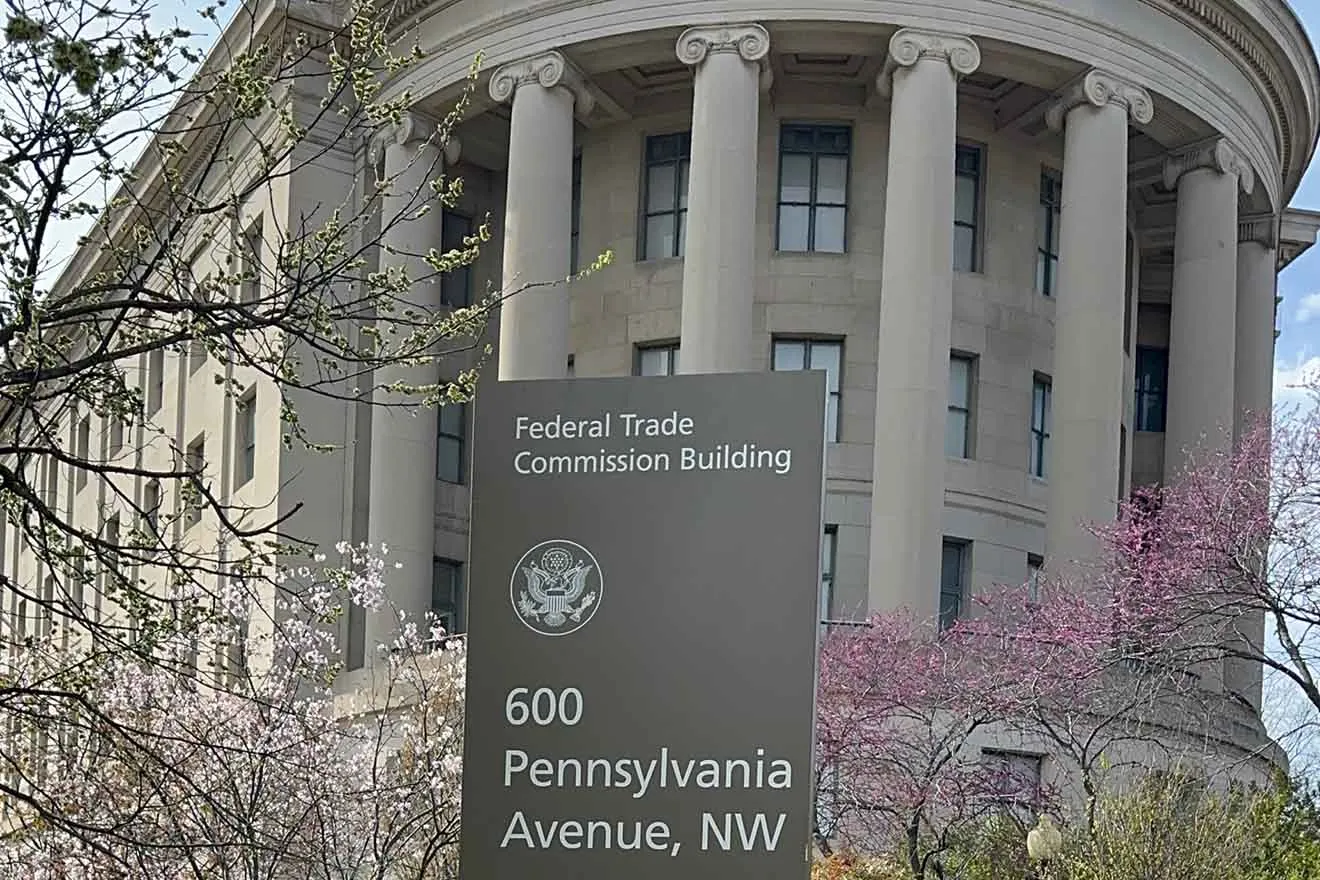
Feds settle with Colorado trucking firm in discrimination case
(The Center Square) – The U.S. Department of Justice reached a settlement with a nationwide trucking company based in Colorado for discriminating against non-U.S. citizen workers.
The department began an investigation of Navajo Express after a non-U.S. citizen filed a complaint alleging the company refused to accept valid documentation proving permission to work. The company also allegedly demanded a different document from the applicant.
The investigation found the company routinely required lawful permanent residents to show their permanent resident cards, commonly called “green cards,” to prove they had permission to work although the applicants had already presented other valid documentation. The investigation also found the company had a policy of unlawfully requiring permanent residents to provide new permanent resident cards when their old permanent resident cards expired.
“When employers reject workers’ valid documentation proving their permission to work and demand other types of documentation, they construct unnecessary hurdles that can mean the difference between a worker getting a job or not,” Assistant Attorney General Kristen Clarke of the DOJ’s Civil Rights Division said in a statement announcing the settlement. “The Justice Department will continue to hold employers accountable for discriminating against workers because of citizenship, immigration status or national origin.”
The settlement terms state Navajo Express will pay more than $40,000 in civil penalties to the U.S. government. The company also will train staff on the Immigration and National Act’s (INA) anti-discrimination provision and review and revise employment policies. The company, with headquarters in Denver, also will be subject to federal monitoring for a two-year period.
Federal law allows all workers to choose which valid, legally acceptable documentation to present to prove their identity and permission to work, regardless of citizenship, immigration status or national origin. Both U.S. citizens and non-U.S. citizens, including lawful permanent residents, are all eligible for several of the same types of documents to prove permission to work. These can include a driver’s license or an unrestricted Social Security card.
The INA’s anti-discrimination policy prohibits employers from asking for specific documents because of a worker’s citizenship, immigration status or national origin. Employers must allow workers to present whatever acceptable documentation the workers choose and can’t reject valid documentation that appears to be genuine.
If a lawful permanent resident provides an unexpired permanent resident card to prove permission to work, employers must not request new documentation if the card later expires, according to federal law.
















